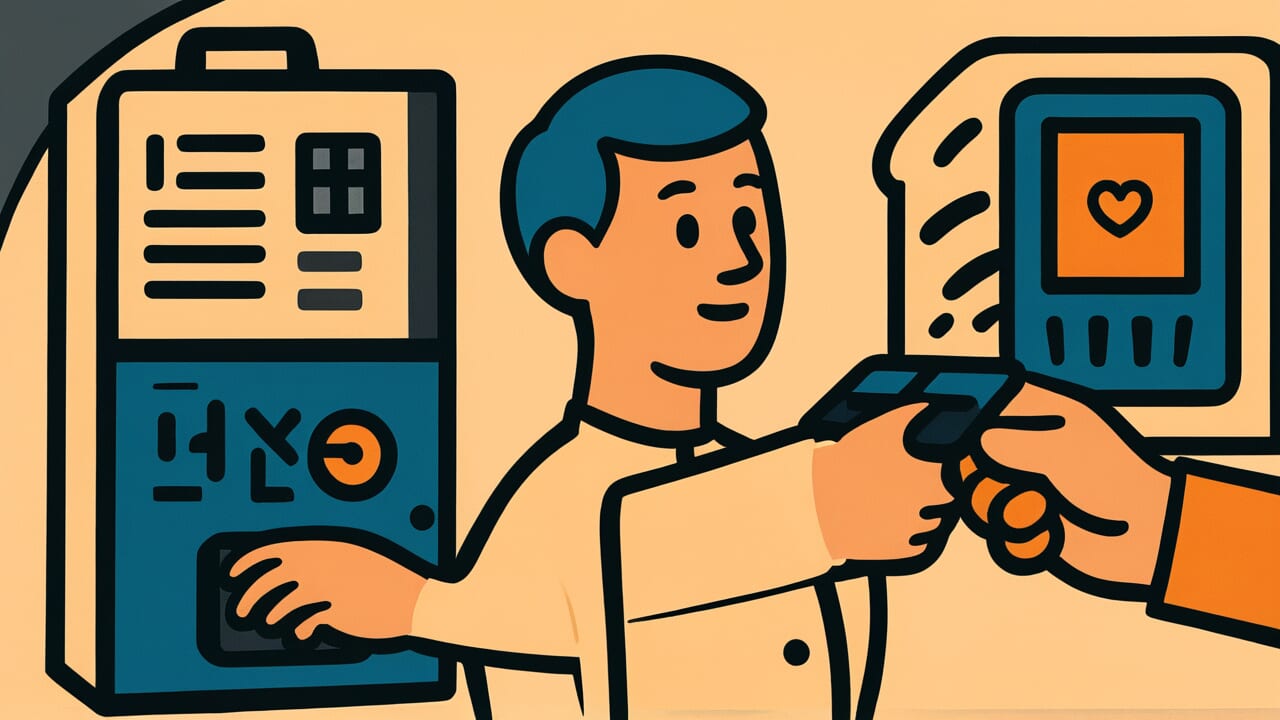How to Read “Those who use are used”
Tsukau mono wa tsukawareru
Meaning of “Those who use are used”
“Those who use are used” means that people who try to use others end up being used by them instead. This proverb reveals an ironic truth about human relationships.
Someone who schemes to use others for their own benefit may seem clever at first. But in reality, the other person notices what’s happening. They then turn the tables and use that person right back.
This saying applies to many situations. A boss who treats employees like chess pieces may find that workers hide information from them or refuse to cooperate.
A person who tries to use friends for personal gain may eventually discover that those friends are skillfully using them instead.
The proverb warns that treating people like tools makes them wary. This wariness ultimately puts you at a disadvantage.
Even in modern society, this saying remains relevant. It points out the dangers of calculating, self-serving relationships.
Origin and Etymology
There are no clear historical records showing when this proverb first appeared. However, the structure of the phrase reveals a sharp insight into the nature of human interaction.
The word “use” has two meanings in Japanese. It can mean using a tool, but it also means exploiting a person for your own purposes.
This proverb cleverly combines both meanings. A person who uses tools becomes dependent on them. In a sense, the tools use the person too.
Similarly, someone who tries to exploit others actually places their fate in those people’s hands. They end up in a position where they can be exploited in return. This is the paradox the proverb expresses.
Japan has long held beliefs like “cause and effect” and “curse someone and dig two graves.” These ideas teach that your actions come back to you.
This proverb likely emerged from similar Japanese ethics and insights about relationships. In a culture that values sincere connections over surface-level manipulation, it serves as a warning against the foolishness of trying to use others.
Usage Examples
- I thought he was good at managing his subordinates, but “those who use are used”—his employees were actually controlling the information he received
- She tried to take advantage of her friends, but “those who use are used”—it seems they were one step ahead of her the whole time
Universal Wisdom
The proverb “Those who use are used” touches on a deep truth about human relationships. Why do people try to use others?
They have goals they can’t achieve alone. They want a shortcut. But this desire contains a fundamental human contradiction.
People who try to use others look down on them. Yet using someone means you actually need their power or position. In other words, you depend on them.
This dependency is the seed that causes the power dynamic to reverse. Once the person being used realizes what’s happening, they can turn the relationship to their advantage.
Looking deeper, this proverb reveals an essential truth about human psychology. The moment you look down on someone, you become weak.
When you don’t respect others as equals and treat them like tools, you underestimate their intelligence, emotions, and ability to respond. This carelessness ultimately leads to your own defeat.
Our ancestors understood this dynamic in human relationships. They knew that surface-level power differs from actual power.
This proverb continues to teach us that sincerity is the strongest weapon of all.
When AI Hears This
The brain has a property called neuroplasticity. Brain regions corresponding to repeatedly used functions physically expand.
Research on taxi drivers shows their hippocampus, which handles spatial memory, is larger than average. Using a tool continuously causes the brain regions controlling that tool to actually grow.
What’s fascinating is how the brain begins recognizing the tool as part of your body. In experiments where monkeys used rakes, neurons initially responded only to hand movements.
After just minutes of training, these same neurons responded to the rake’s tip. The brain’s body map was rewritten. The rake became incorporated as an extension of the arm.
The same thing happens with smartphones. Frequent users show expansion in the motor cortex region controlling the thumb.
More problematic is what happens when you rely on phones for memory. Brain regions responsible for memory show decreased activity. Unused brain regions tend to shrink.
The more you depend on tools, the more you literally lose your original abilities.
Using tools optimizes your brain for those tools. You become less functional without them. This is a state where the user is neurologically used by the tool. It’s a measurable physical change in the brain.
Lessons for Today
This proverb teaches modern people about the value of sincerity in relationships. We interact with many people every day.
In pursuit of efficiency, we might sometimes view others as means to an end. But this saying shows how dangerous that attitude can be.
In modern society, the power of networks matters greatly. This includes social media connections, professional contacts, and community relationships. All of these rest on mutual trust and respect.
An attitude of trying to use people quickly spreads to those around you. It damages your reputation. Before you know it, you’re the one who’s isolated and at a disadvantage.
To apply this lesson, start by respecting others as equals. Prioritize building long-term trust over short-term gains.
People value those who value them. If you act with sincerity, others will respond sincerely. That’s the path to a truly rich life.



Comments